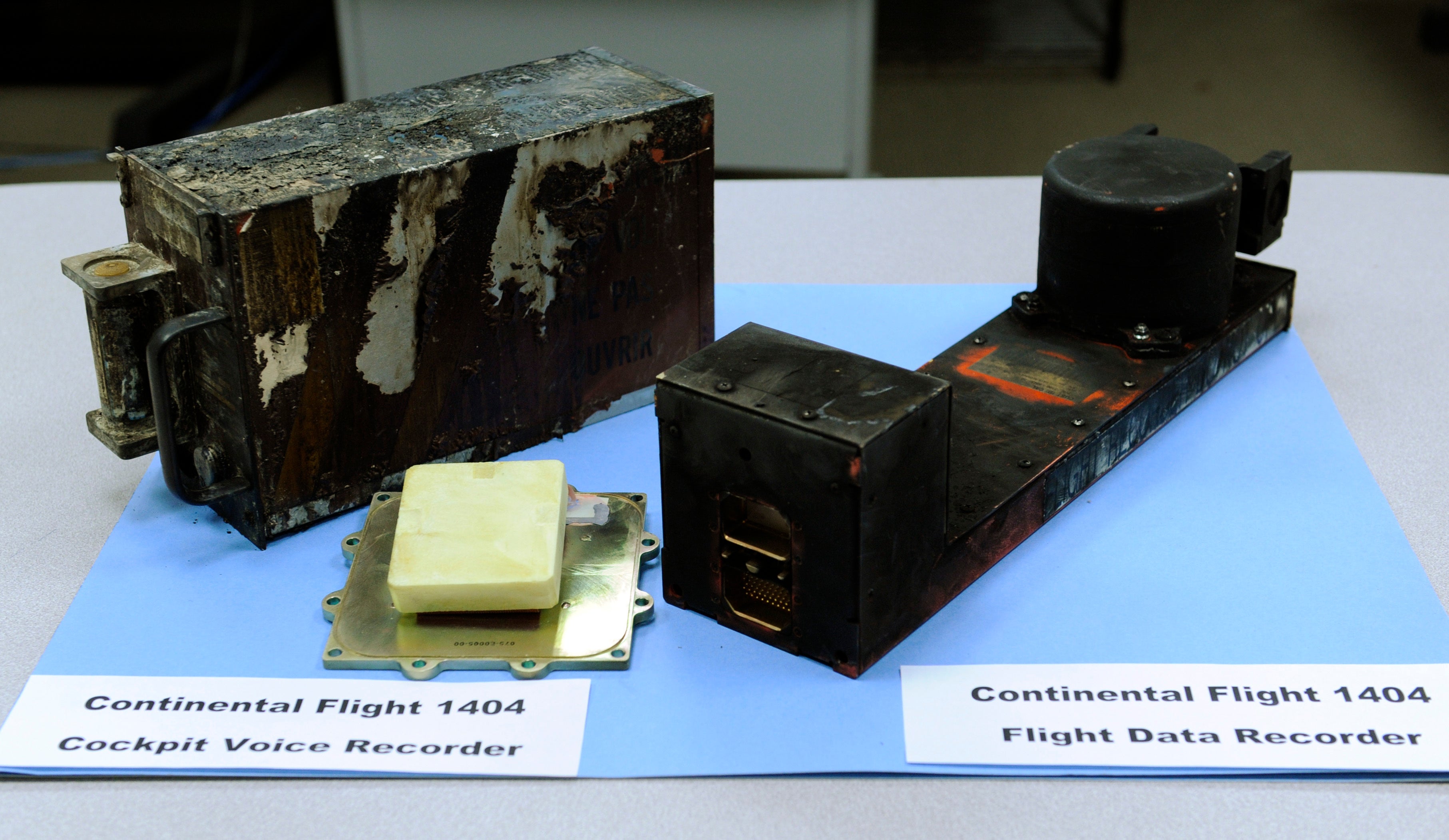Accident investigators push the FAA for better cockpit voice recorders on all planes
Federal accident investigators are pushing for better cockpit voice recorders

Your support helps us to tell the story
From reproductive rights to climate change to Big Tech, The Independent is on the ground when the story is developing. Whether it's investigating the financials of Elon Musk's pro-Trump PAC or producing our latest documentary, 'The A Word', which shines a light on the American women fighting for reproductive rights, we know how important it is to parse out the facts from the messaging.
At such a critical moment in US history, we need reporters on the ground. Your donation allows us to keep sending journalists to speak to both sides of the story.
The Independent is trusted by Americans across the entire political spectrum. And unlike many other quality news outlets, we choose not to lock Americans out of our reporting and analysis with paywalls. We believe quality journalism should be available to everyone, paid for by those who can afford it.
Your support makes all the difference.Federal accident investigators are pushing to retrofit current aircraft with better cockpit voice recorders, citing the loss of evidence during last month's blowout of a door panel on a jetliner flying over Oregon.
The National Transportation Safety Board said Tuesday that the Federal Aviation Administration should require many current planes to have recorders that can capture 25 hours of audio, up from the current standard of two hours.
The FAA announced late last year a proposal to require the 25-hour standard but only on new planes. Airlines typically keep planes for many years, so much of the existing fleet would not be covered.
Cockpit voice recorders, or CVRs, are designed to capture conversations between pilots and any other noises that might help investigators understand the circumstances of an accident. In the case of the blowout on Alaska Airlines flight 1282 on Jan. 5, however, the data was overwritten after two hours.
"Our investigators don’t have the CVR audio to fully understand all of the challenges the flight crew faced in response to the emergency,” said NTSB Chair Jennifer Homendy.
The NTSB said that since 2018, at least 14 of its investigations have been hindered because recordings were taped over, including during seven runway close calls in early 2023. NTSB Chair Jennifer Homendy called that “unacceptable.”
In 2018, a year after an Air Canada jet nearly hit planes on a taxiway at the San Francisco airport, the NTSB urged FAA to require 25-hour recordings on new planes and — by 2024 — also on existing planes that are required to have a voice recorder and a flight data recorder.
Those two devices together are known as the black boxes, although they are typically painted orange.